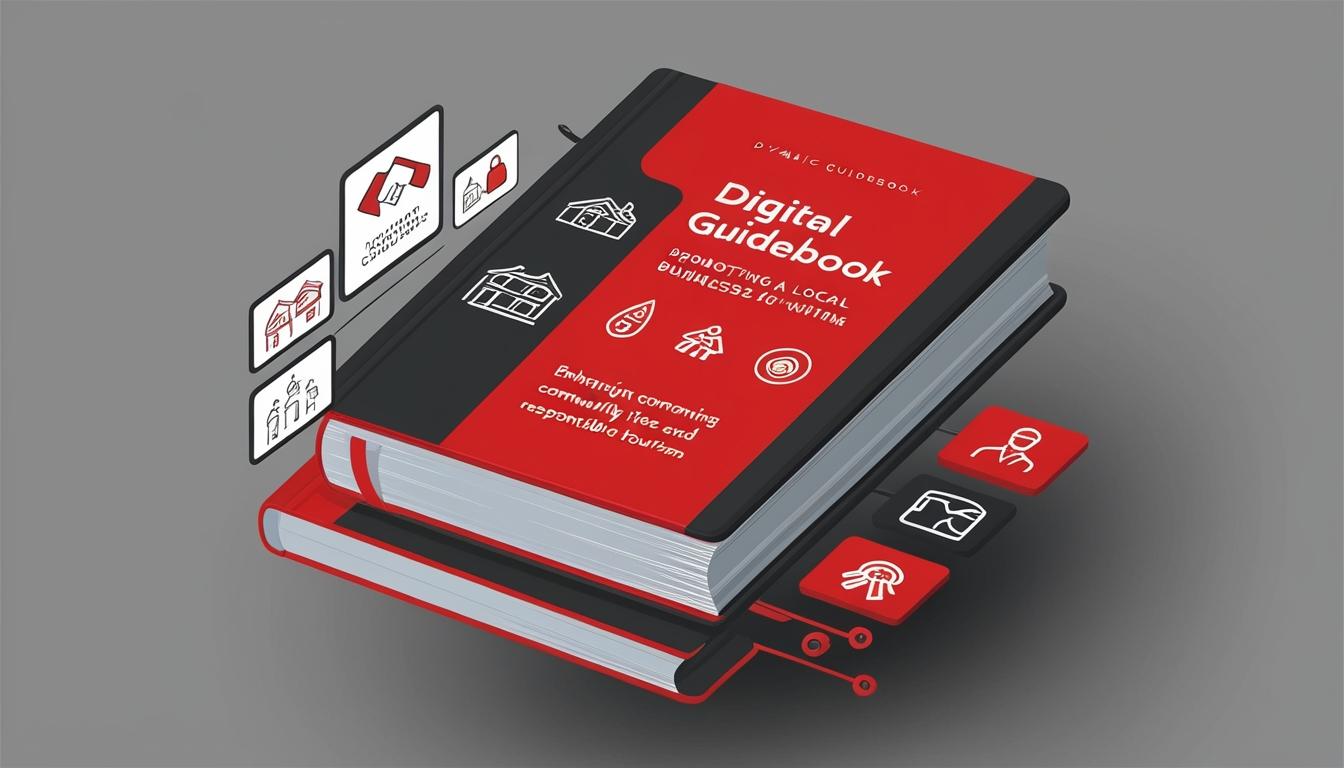Tourism has long been a significant component of local economies worldwide. However, it has faced considerable scrutiny in recent months, with criticisms centred around issues such as housing shortages, overcrowding, pollution, and anti-social behaviour, often linked specifically to short-term rentals (STRs). The Travolution publication highlights how, despite these challenges, tourism can leverage emerging technologies, particularly artificial intelligence (AI), to positively impact communities and reshape perceptions of the STR sector.
Firstly, AI can play a vital role in directing guests towards spending their money in ways that support local businesses. The use of digital guidebooks powered by AI can provide curated itineraries based on real-time data, not only highlighting popular restaurants and attractions but also promoting lesser-known local enterprises. By suggesting visits during off-peak times, these digital tools can help mitigate overcrowding while ensuring that tourism revenue benefitting smaller, community-based businesses rather than large multinationals. This approach allows guests to enjoy a more authentic experience while also contributing positively to the local economy.
Secondly, the implementation of technology and AI can contribute to reducing anti-social behaviour, which has frequently been a concern associated with STRs. One example is Airbnb’s anti-party screening technology, which helps to prevent disruptive gatherings before they occur. In addition, the use of noise and occupancy monitors provides an additional layer of security, ensuring that property managers can quickly address any issues related to loud parties or fire safety risks. As these measures lead to fewer complaints from local residents, perceptions of STR guests have the potential to shift towards viewing them as considerate neighbours.
The application of AI goes beyond improving the guest experience and managing behaviour—it also enhances policy decisions at the local government level. By analysing extensive datasets, authorities can gain insights into the real impacts of tourism and STRs on their communities. Potential applications include dynamic pricing models for tourist taxes that adjust based on demand or seasonal factors, thus allocating funds to infrastructure improvements that consider both tourism growth and local wellbeing. This data-driven approach may better inform legislative processes, enabling policymakers to balance the benefits of tourism with the needs of residents.
Furthermore, as the STR industry gathers data on its positive impacts, effectively communicating this information becomes crucial. Industry leaders, along with rental platforms, are encouraged to collaborate in producing accessible reports that detail the benefits of STRs. This includes tracking the economic contributions made by tourists directed towards local businesses and clarifying how job creation extends beyond property management, encompassing roles in cleaning, maintenance, and various areas of the tourism sector. Environmental impact data, which monitors resource usage and sustainable practices within the STR sector, can also play a decisive role in demonstrating the industry’s commitment to responsible tourism.
While the potential of AI and technology to reshape the STR landscape is significant, the effectiveness of these tools ultimately hinges on the engagement of stakeholders within the tourism sector. As Travolution notes, it is essential for the industry to harness these capabilities to improve its reputation while ensuring meaningful connections are fostered between tourists and the communities they visit. The success of the STR sector moving forward will rely on the ability to balance innovative technological applications with authentic human interaction, paving the way for a more harmonious coexistence with local environments.
Source: Noah Wire Services
